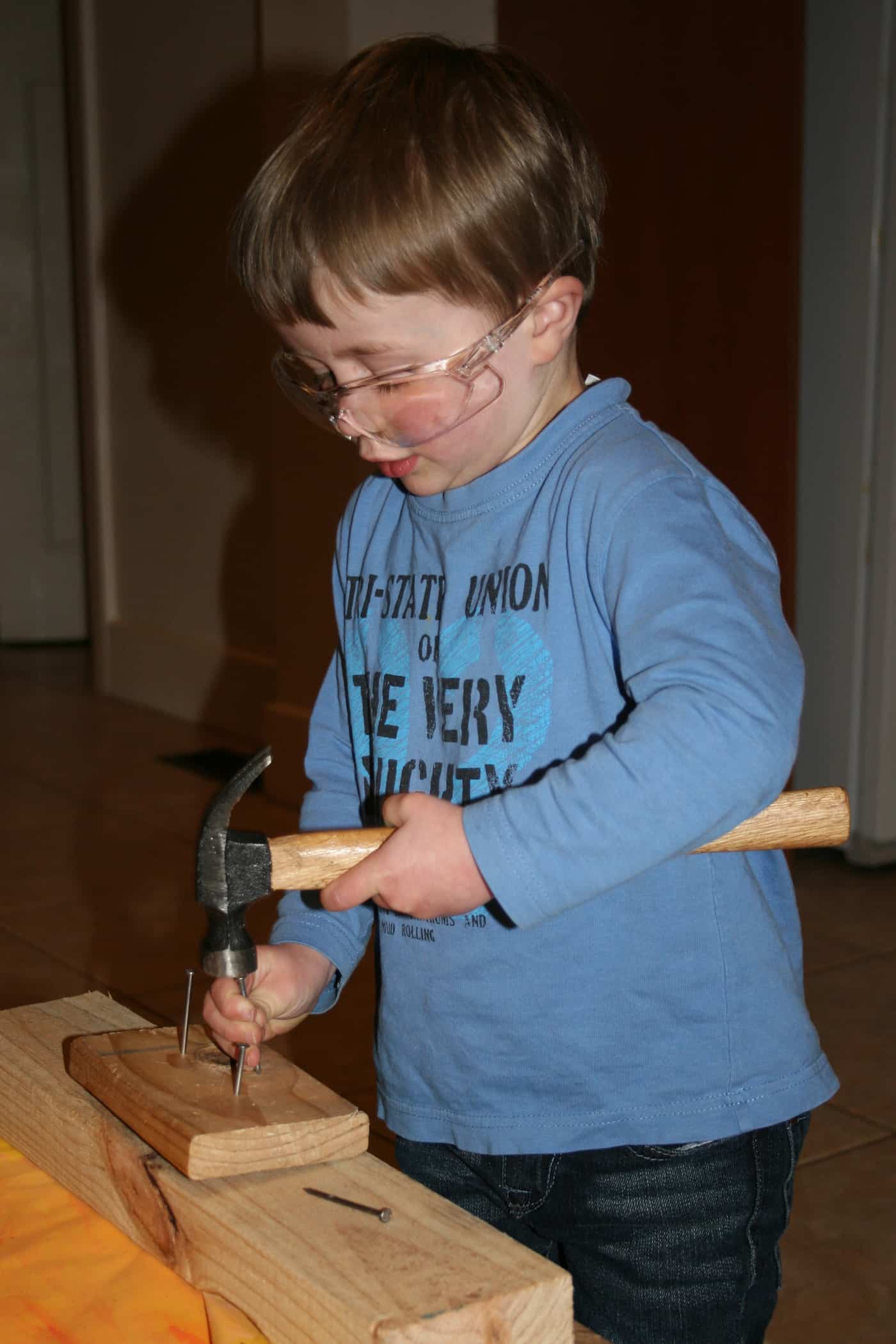A recent safety convention in Australia had as its theme “Disruption”, a fashionable term that can mean many things to many people. Perhaps why it is a marketer’s dream word. The initial session of the convention was unnerving because speakers were saying that the current jobs and activities of safety professionals will be undertaken by artificial intelligence in a decade. This change is not a coordinated strategy but bits and pieces of this change/threat keep appearing, the latest was in The Guardian on 25 September 2016 in an article called “You’d better listen up“.
That article, ostensibly about headphones included this workplace application:
“Bragi has recently announced a partnership with IBM where it hopes to deliver the massive processing power and cognitive capacity of the Watson AI system via its devices. At the moment, it is exploring how these capabilities could be employed in the workplace. For example, maintenance workers could describe an issue, Watson recognises the problem and talks them through the solution – without their having to refer to manuals or computers, keeping their hands free for the repair. Similarly, doctors could get help with recognising rare conditions and their conversation with a patient would be recorded and saved to the cloud for their records.”
The safety benefits of this contraption is obvious – a manual on call and responsive to vocalised questions. As anyone with a Glaswegian accent trying to set up voicemail in Australia will know, vocal recognition still has a long way to go unless the world is able to be un-Babelled and speak with one accent. (Please not Australian, as artificial intelligences (AI) would struggle with the constant answering of “Yeah – Nah”) Voice recognition software has needed long hours of training to be functioning at a basic level.
Thankfully that tech challenge can be left to the technologists. What is more important, and could provide safety professionals with a future, is the back-end of the application of Watson. Any AI needs knowledge so that the advice it provides to the user/listener/engager is accurate and relevant to the situation, literally, at hand. AIs will not create their own knowledge, at least in the short term, and so will rely on safety professionals and others to provide the knowledge to the software.
Safety professionals are unlikely to provide knowledge of a specific process but will likely be called on to add value to the mechanical work activity or discussion. Occupational health and safety (OHS) is likely to be one of the assessment criteria used by the AI. For instance, in the response to the work activity quoted above the maintenance worker will want to know how to do something. The OHS contribution to the AI’s response would be to ensure that the task is undertaken safely, in a safe environment or with the suitable protective equipment or the correct tool.
The convention was shown video of an AI that verified that workers were dressed appropriately for the work conditions before allowing access to site. This would replace those OHS consultants who like to be safety police but the situation described in the video was understandable. There are rules for specific PPE prior to entering a workplace with hazards that could be reduced by wearing the PPE. No PPE, no site access. The argument in favour of AI applications would be that the safety professional could attend to more important activities. The sad reality is that some safety professionals rely on this type of activity to give their jobs worth.
The reality of AI in OHS cannot be avoided. Those who advocate for disruption argue that disruption provides opportunities for the creative, the agile and the clear thinkers but it is also the case that many safety professionals will be left behind like Neanderthals to Hom (OHS) Sapiens.


 I was reminded of my colleague’s regrets when someone on a construction site recently asked for my opinion on some pictures of her son, at a childcare centre, hitting some nails into a block of wood. The boy (pictured right, at home) was wearing safety glasses, albeit a little large; the “work area” was separated from the rest of the children and the boy was supervised at all times by a child care worker. I was told that some of the parents had expressed concern that such an activity should not be happening in a childcare centre due to the potential risk to other children.
I was reminded of my colleague’s regrets when someone on a construction site recently asked for my opinion on some pictures of her son, at a childcare centre, hitting some nails into a block of wood. The boy (pictured right, at home) was wearing safety glasses, albeit a little large; the “work area” was separated from the rest of the children and the boy was supervised at all times by a child care worker. I was told that some of the parents had expressed concern that such an activity should not be happening in a childcare centre due to the potential risk to other children.